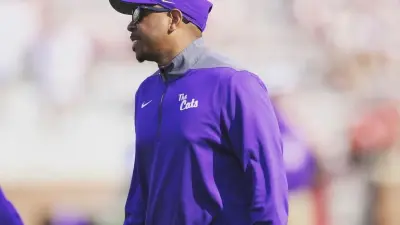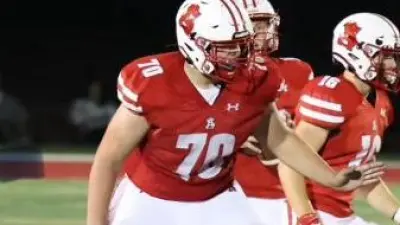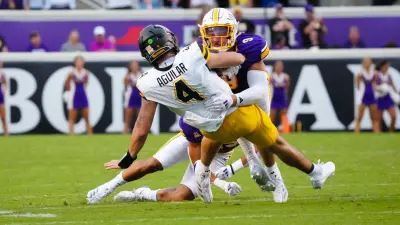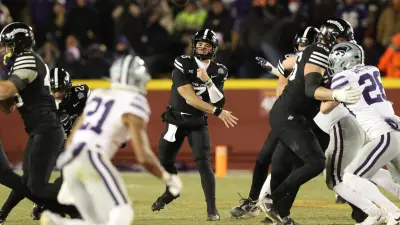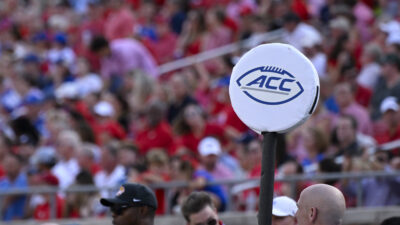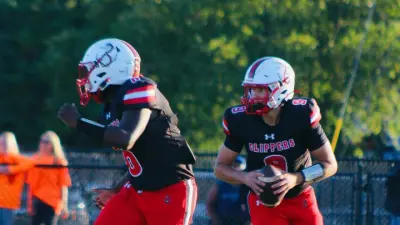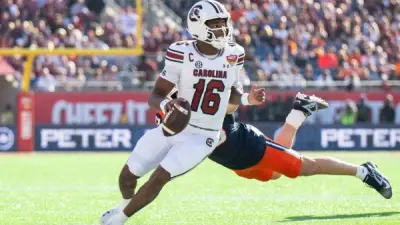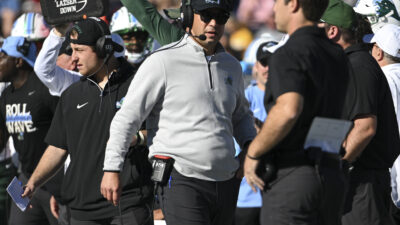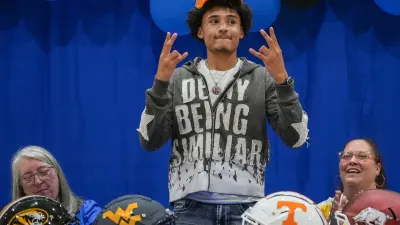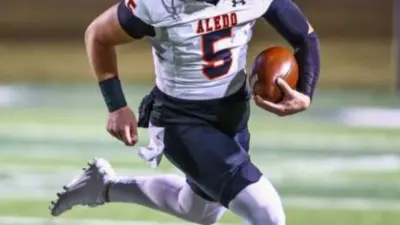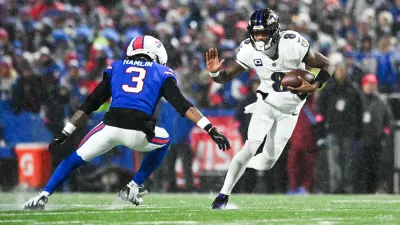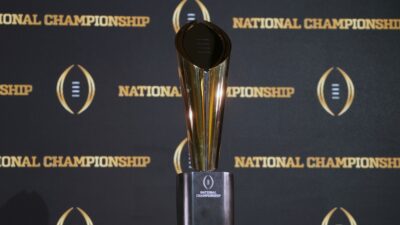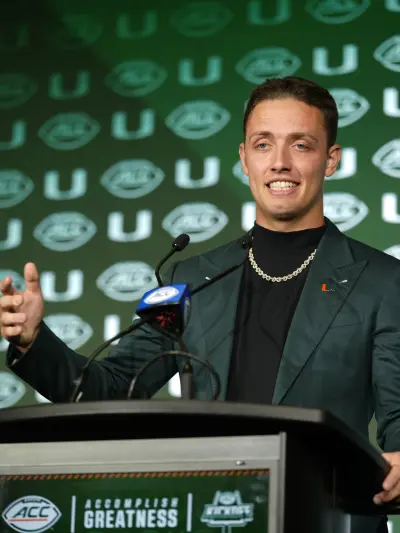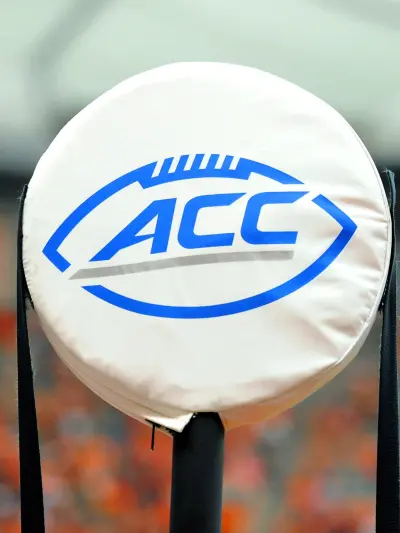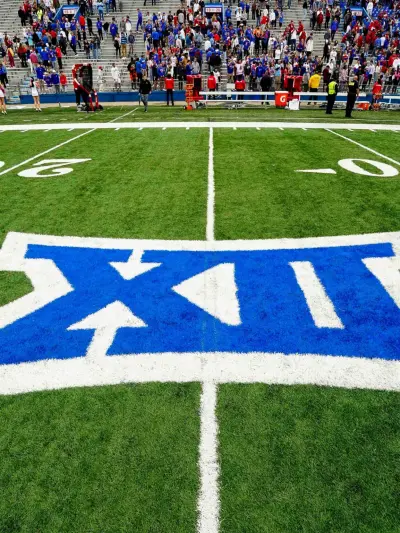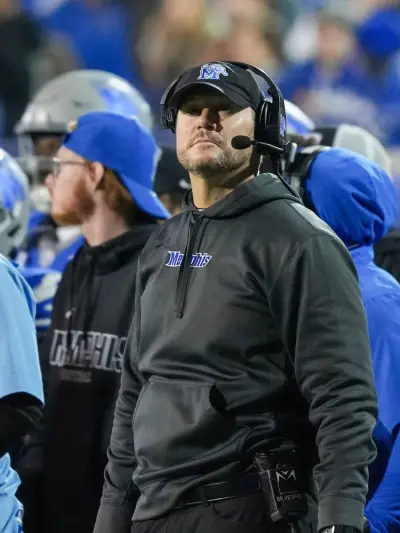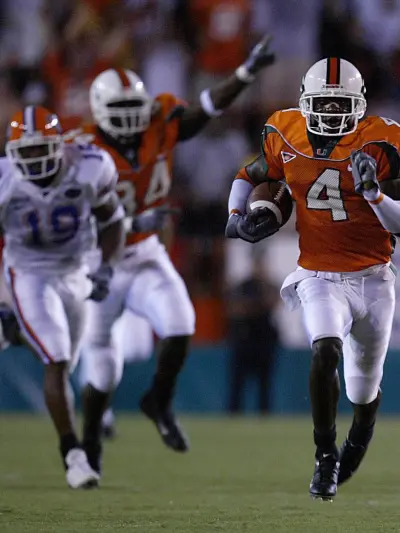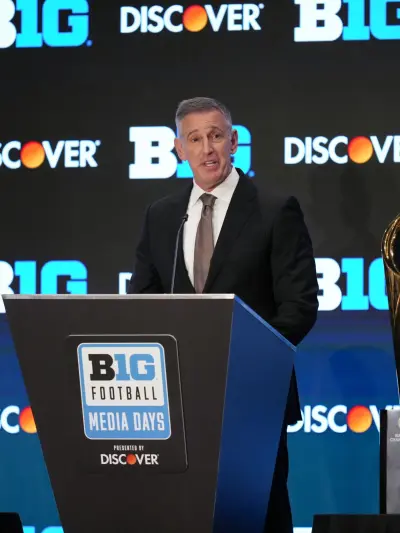Every college football fan and non fan knows about the FBS which includes all of the the big boys, but what about the FCS? There are a lot of things that differ that many may not know about. In this three-part series, I’ll hit on some main topics with direct input from FCS coaches.
In this first part of the series, I will hit on the main thing you need to do when wanting to be successful. Recruiting. In any level of football or any sport for that matter, you have to have talent. You can be the best coach in the world, but without talent, you can only go so far. I asked a couple of questions specifically on scholarships and the transfer portal at their positions to see how it all breaks down from their point of view and maybe even differs a little from the FBS. I spoke with coaches from Western Carolina University (Chaz Scales – Defensive Coordinator, Jesse “JJ” Laster -WR Coach), McNeese State University (Jamere Hogue – DL Coach), and Columbia University (Chris West – DLCoach).
Being a coordinator you have to not only look at your position, but a whole phase. Balancing scholarship distribution is key to building out a complete roster. Western Carolina Defensive Coordinator Chaz Scales would know all about that. “We are allotted 63 scholarships as a team and defensively we have 31 available. We try to get the most out of the scholarships by splitting some up to maximize the depth we have at each position. We have 8 scholarships at Safety but try to get 10-12 guys from that.”
As for the transfer portal, it is about the same as you would expect from any program. He says “For us, it is utilized for immediate impact guys. If we are inexperienced at a position and need a veteran guy. We feel we would rather develop the high school guys we recruit rather than get a transfer.”
https://twitter.com/CatamountsFB/status/1663265734078738433
Being a position coach is a little different. While they recruit many guys playing different positions, they get to focus mainly on the position they coach. Western Carolina WR Coach JJ Laster told me “We break up scholarships at my position. We try to get the most out of them. Depth is the key for us.”
Continuing on he said “We don’t look through the portal. If we take someone from the portal we know your history.” As you can tell it is a tad different being a position guy.
More Sports News
As for DL Coach Jamere Hogue of McNeese State, he said to me “As an FCS program we receive 63 scholarships that are considered equivalency scholarships meaning we can give “partials” i.e. books, meals, housing. However, there is a cutoff for how many total players you’re allowed to have receiving money. As far as the defensive line room goes I typically have 3 or 4 per position on scholarship. If I’m looking in the portal it is because I have a direct need at a position not just added depth. I still like signing high school kids because you can really mold them to be what you want over time.”
When asked what he looks for in a player, Houge said, “When it comes to what I’m looking for in a player, the first thing is character. Who is the guy when no one is around? Can he be trusted? Is he a culture fit? Is he a small-town kid or a big-city guy? What does he need? Every kid won’t fit everywhere just because they are a good player. Do they love the process or just games? Transfers have been through it so you can usually find out pretty quickly.”
Also adding to the kind of player he likes he continues “I like big frames, a high motor, and willingness to mix it up and be physical. You can’t play DLine and not like contact. Transfers are a little different. Does he have actual college snaps? Was he productive? Have I seen him do some of the things I will ask him to do when he gets to me and everything else I looked for in a high school kid?“
https://twitter.com/PRTYNTHABAKFLD/status/1665343826892931077
As you can see being a coach you have to be very detail-oriented especially when scouting players. Not only that but off the field with a player’s grades and so forth. Being at an IVY league school has many different policies that affect what a coach can do. Columbia DL Coach Chris West expounds on the topic saying “Columbia University is an Ivy League institution, which means we don’t give athletic scholarships in the form of money. We Provide Academic Support to our selected athletes, which means we help get in people who normally could not get in on their own. They will still have stellar GPAs and plenty of rigor on their transcripts, but still may not be as high as our normal applicants. We do however provide need-based assistance for anyone who is deemed in-need.”
With these policies and even with a lot of private Power Five schools, the talent pool can be diminished terribly. Although that may be true, that’s where being detail-driven can help you find many underrated players and even some potential NFL talent. He continues on to say “For my position of DL we go back and forth between four or five PSAs depending on need. Because of our admission requirements and the benefits of an Ivy League education, we typically don’t have much movement in or out of the transfer portal. A PSA would need to have at least three years of eligibility left, have been someone we could have recruited out of high school, and have maintained that throughout college so far. Ivy League rules do not allow athletic participation after undergraduate completion so all grad students transfer out to complete their athletic eligibility. Academically, we typically look for a 3.5 and up GPA unweighted with APs and Honors, and if taken a test score for it to be around the 1250 SAT or 27 ACT. It works on a bit of a sliding scale but that is a good area to start.”
As for what he looks for in a player, he said “I want big, fast, confident, and violent [football] players who are highly competitive. Also, family-centric athletes who are coachable, hard-working, LOVE football, and the process of getting better.”
https://twitter.com/West4theWin/status/1656102336563929088
After speaking with all of the coaches I can honestly say that the main thing is the main thing, meaning that every program for the most part wants big, fast, and smart players with high character. That goes for any level. Just in the FCS, you have to be a little more creative and particular. Stay tuned for part two coming soon!
